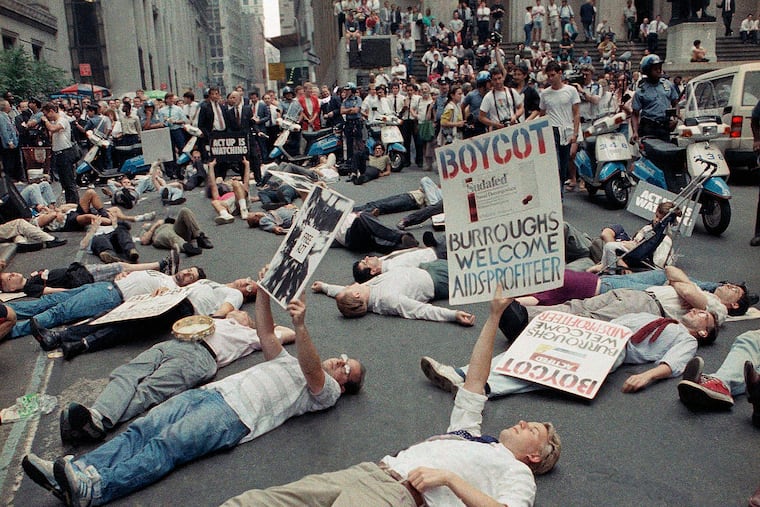4 lessons from the HIV pandemic about changing behavior that can help with COVID-19 | Expert Opinion
When it comes to pandemics, there will always be a next time. The question is whether we will take those lessons learned and save lives.

As public health officials look to previous pandemics to inform our response today, I find that they often skip back to the Spanish flu of 1918. But a decade as a critical-care nurse during the HIV/AIDS pandemic in the ’80s gave me a firsthand understanding of the impact that health promoters and educators can have on bending the curve of health behavior over time during a pandemic. Here’s what we learned about changing health behavior during the HIV/AIDS crisis that can help inform our response to the COVID-19 pandemic.
We can influence health behavior. While health behavior change can take up to two years, we know from the HIV/AIDS pandemic that this can happen much faster. Whether condoms or masks, some communities adopted these prophylactic measures in a matter of weeks or months at the start of both pandemics. But sadly, many Americans still refuse to take these precautions. A number of strategies can accelerate this process: access to needed equipment (masks or condoms), cultural norming of the behavior, and advice of credible sources. Health promoters recruited from the communities they serve can be a key source of credible information. To expand mask wearing in the United States, recruitment of local contact tracers and community health workers is an impactful grassroots approach that can speed up the adoption of health behaviors.
Stigma allows a disease to flourish. Initially, HIV was “the gay disease.” It was something that happened to someone else, the other, and it was considered their fault. We saw this at the start of the COVID-19 pandemic. The coronavirus was the “China virus,” someone else’s problem, someone else’s fault. As a result of the ongoing blame, some people still report being embarrassed when they test positive for COVID-19. When people are making racist comments, be a good bystander and call them on it. ACT UP was very successful during the HIV pandemic at creating attention-grabbing counter messages like, “Silence=Death.” The CDC has a current campaign that includes a pledge to speak up when you hear or see HIV stigma. We have seen some positive messaging with the current pandemic, like “Your mask protects me; my mask protects you,” but not nearly enough to address the stigma directly.
A grassroots approach works. During the HIV/AIDS pandemic, the tide did not start to turn until there was grassroots partnerships between the gay community, politicians, philanthropists, and public health officials. That same integrated “ground-up” approach is what is needed now to slow the transmission of the coronavirus. I was encouraged to see the Philadelphia Department of Public Health make a concerted effort to ensure that contact tracers reflect the communities they are serving. According to their website, “approximately one-third of newly hired staff members are first-generation college students, more than one-quarter speak more than one language, and about one in every seven new staff members are immigrants.” The key to success is a shared vision, strong leadership, community mobilization, and personal empowerment.
We must remain vigilant. Much like the trajectory of COVID-19 in Wuhan, the trajectory of AIDS transmission in Africa followed shipping and trucking routes. When individuals move from one area to another, they can carry organisms. Although these organisms may be too small to be seen or the carrier may appear healthy, we need to act proactively. Furthermore, as humans move further into animal habitats, we are going to see more of these diseases. Pathogens do not stay in one area — enormous resources are needed to control the spread. Empowering and caring for vulnerable populations protects all people. This means stopping the problem as close to the source as possible through early identification, screening, and disease control.
Even when this is over — and it will be over — we need to protect the vulnerable and disadvantaged in our society and throughout the world for next time. Because there will be a next time. The question is whether we will take those lessons learned and save lives.
Sally Kuykendall is a professor and interim chair of health studies at the School of Health Studies and Education at St. Joseph’s University, and a former critical-care nurse who is one of the first bullying-prevention researchers in the United States. Her new book, “Skewed Studies,” explores scientific misconduct in health and psychology.